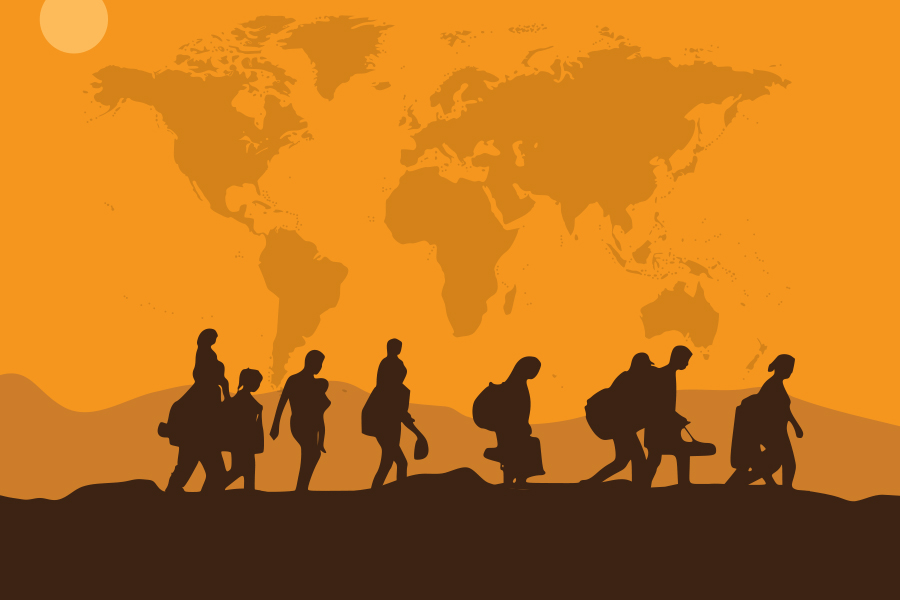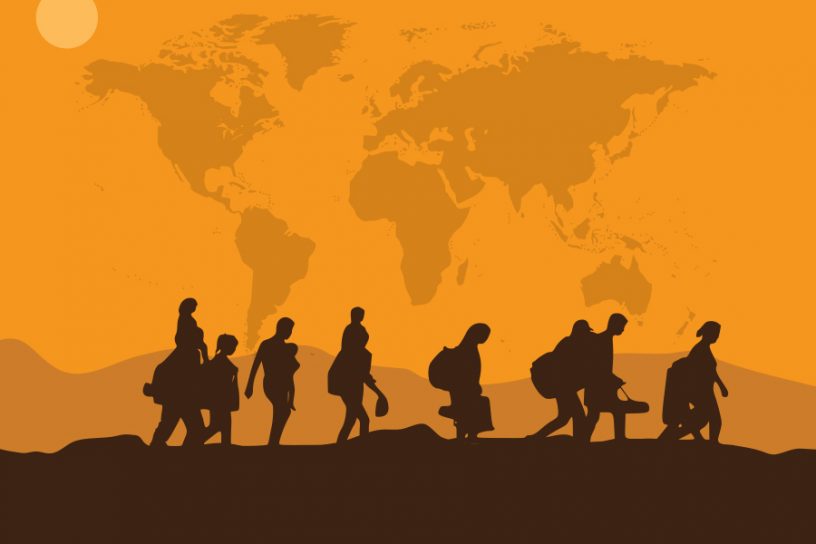
Contrary to dominant depictions of passive victimhood, many Rohingya women in India have taken up NGO/community leadership roles, or made the best ‘home’ possible within the limitations of the host context.
Authors
Jessica Field, Adjunct Associate Professor, Jindal School of International Affairs, O.P. Jindal Global University, Sonipat, Haryana, India; Institute for Risk and Disaster Reduction, University College London, London, UK.
Aishwarya Pandit, Associate Professor, Jindal Global Law School, O.P. Jindal Global University, Sonipat, Haryana, India.
Minakshi Rajdev, Department of History, Satyawati College, University of Delhi, Delhi, India; Centre for Historical Studies, Jawaharlal Nehru University, Delhi, India.
Summary
Rohingya experiences of displacement and refuge are heavily gendered. Sexual and gender-based violence have been used as weapons against Rohingya women, men, girls and boys in Myanmar for decades.
Trafficking and exploitation are rife on the flight out of the country, and host states such as India present their own gendered challenges to family survival and individual coping.
In this paper, we examine how some of those violent and disruptive experiences have affected gender roles for individuals and families as they have fled Myanmar (often more than once) and sought refuge in India via Bangladesh.
We present new insight into the dynamic subjectivity of Rohingya women as we show how, contrary to dominant depictions of passive victimhood, many have lead family migration across borders, taken up NGO/community leadership roles, or made the best ‘home’ possible within the limitations of the host context.
This is because personal and family agency is sensitive to transitional opportunities and threats—i.e., gender norms of home and host contexts, interactions with host communities, and trust relations with NGOs, to name a few. Crucially, these social practices and experiences are not static or linear; they span generations and sprawling geographies.
Published in: Gender, Place & Culture
To read the full article, please click here.


